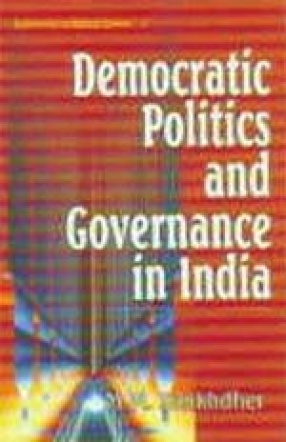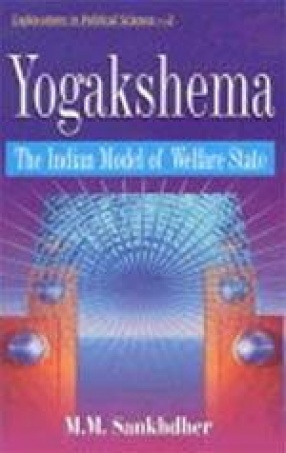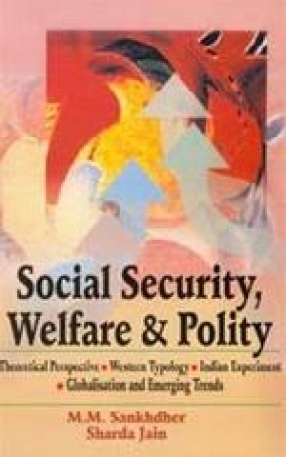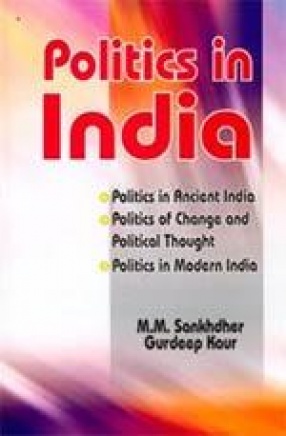Democratic Politics and Governance in India
Synopsis
The greatness of Arthasastra as a study in statecraft is universally acknowledged. It alongwith Mahabharata, are the two most quoted and cited political texts that have appropriately drawn the attention of indologists. They are true representative treatises in the science and art of polity in the same way as Manu’s Dharmasastra is an exposition of the ethico-legal system. Centered around the study of Kingship or Rajya (state) in its institutionalized form and function, these works are more political texts than religious scriptures. They stand as more ancient and classic than Greek, German and Roman literature in terms of contribution to political theory. The question of value-based politics versus stark Machiavellianism, a challenge, stares direct into our face. And on this, the Sanskrit, Pali, Bengali and Hindi texts can surely provide the necessary norms and structures for the existing, uneasy and ramshackle political system inspired by foreign doctrines devoid of legitimacy and ideals. In search of legitimacy, Sanskrit classics make a lasting contribution to the art and science of governance. In modern political discourse, there have been outstanding contribution of Vivekananda, V.D. Savarkar, Bal Gangadhar Tilak, Aurobindo Ghosh, Mahatma Gandhi, Gopal Krishna Gokhale, Deendayal Upadhyaya, M.S. Golwalkar, Shyama Prasad Mukherjee and Dattopant Thengde. They do deserve to be systematically organised and presented as India’s contributors to political science discourse in the new millennium. Democratic Politics and Governance in India is an attempt to fill up this gap by providing missing links between the past and present in Indian studies for establishing India’s identity in the field of political knowledge.
Read more
41.40
37.26
$
46.00 $
Free delivery Wolrdwidе in 10-18 days
Ships in 1-2 days from New Delhi
Membership for 1 Year $35.00
Get it now and save 10%
Get it now and save 10%
BECOME A MEMBER











Bibliographic information